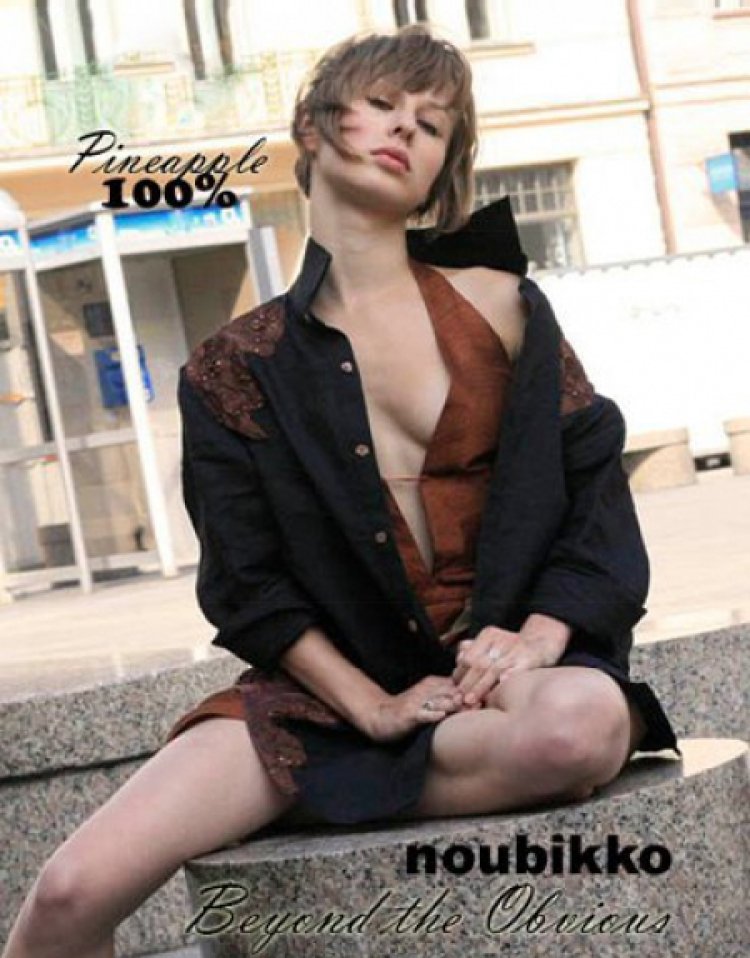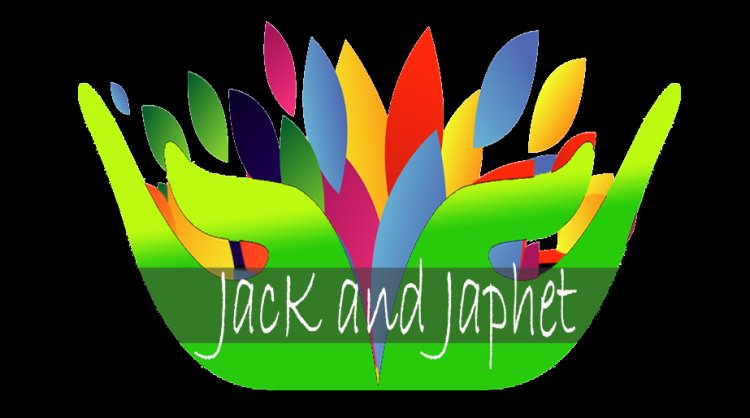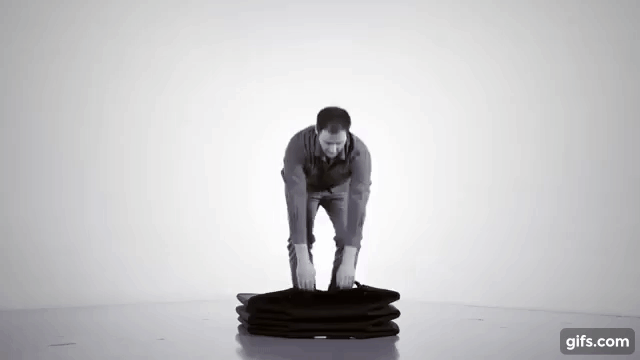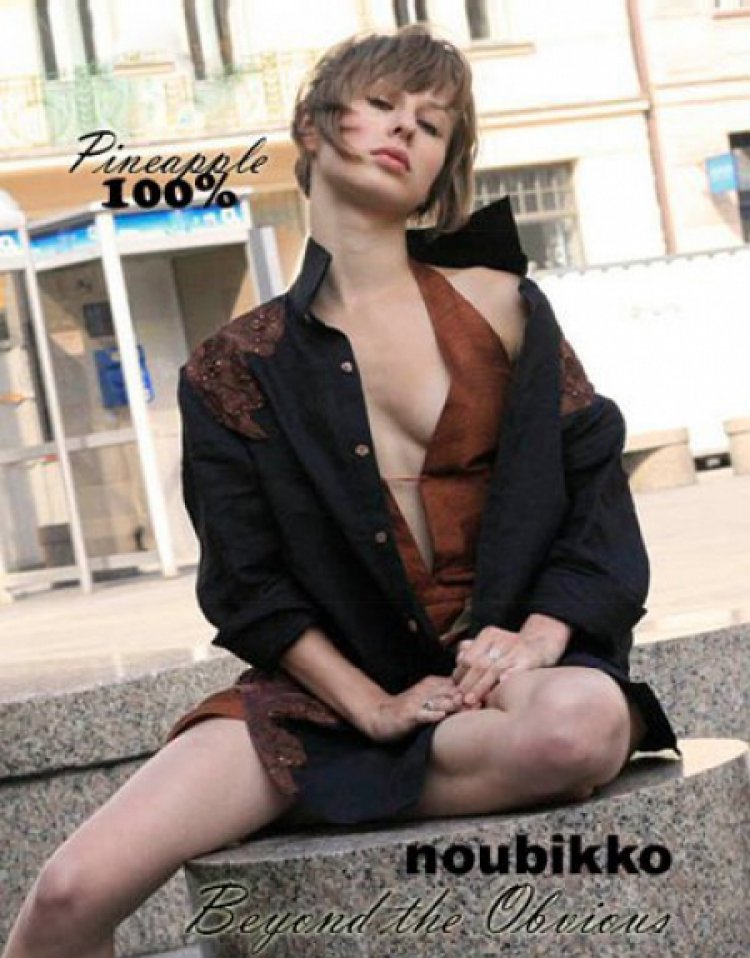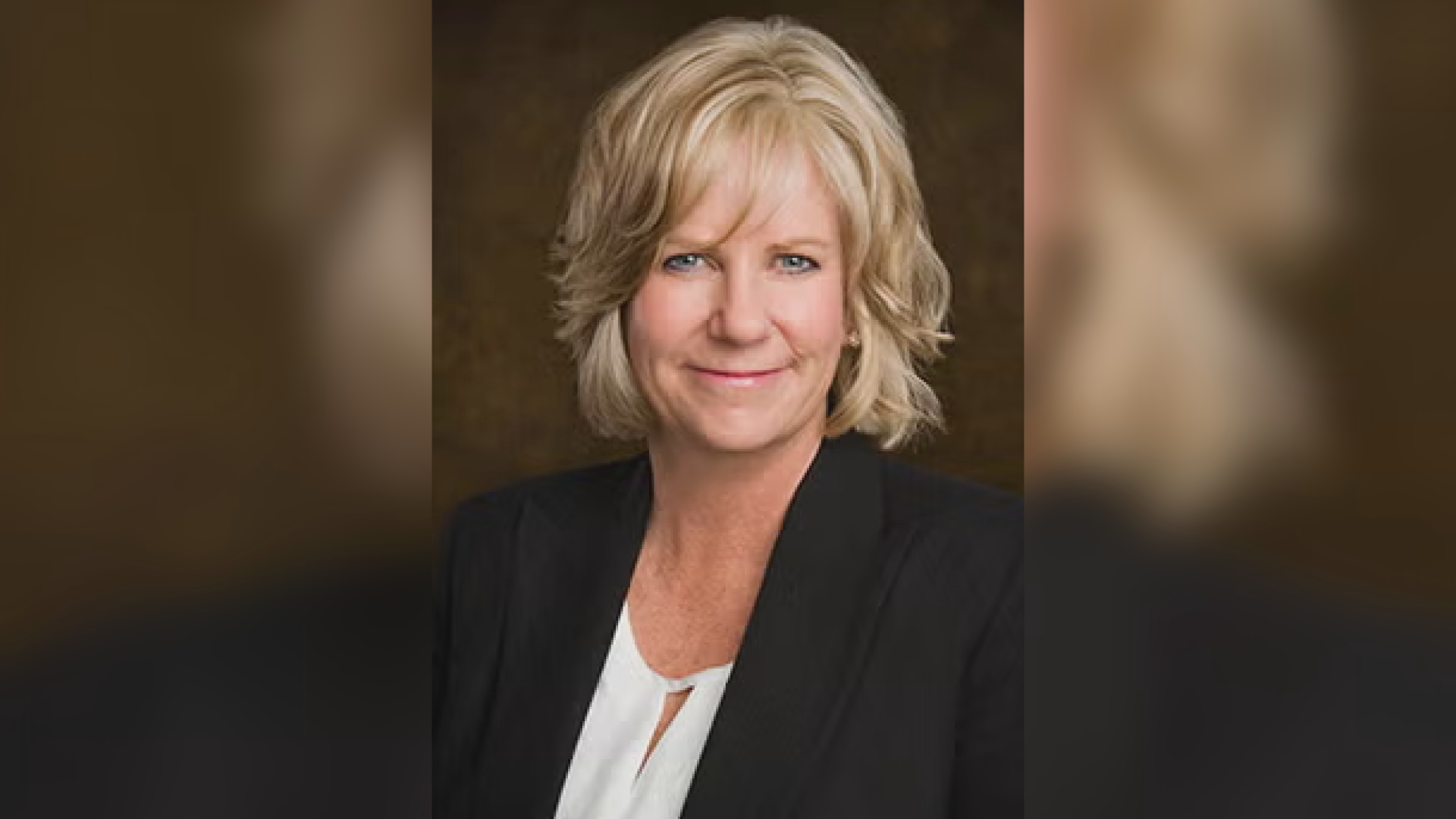How Indigenous Artist Sophie Castillo's Ancestors Inspire Her Music
There's a reason Sophie Castillo's discography doesn't focus on one genre, one language, or any one rhythm. The London-born Colombian-Cuban is a multifaceted artist whose music is a testament to the cross-cultural environment she grew up in. You might recognize Castillo from TikTok, where her song "Call Me By Your Name" became one of her most listened-to tracks. Her ability to seamlessly blend Spanish and English over a bachata beat has undoubtedly earned the admiration of listeners. Castillo began singing at the age of 3. While she was growing up, her Colombian mother and Cuban father, who were the first people in their respective families to immigrate to the UK, played only Latin music - specifically salsa. "My family was always playing a lot of salsa, so Grupo Niche, Fruko y Sus Tesos, Joe Arroyo, Celia Cruz," Castillo says. And her love of and talent for musical theater was recognized early. When Castillo was around 5, she performed in a school show and left an adult audience teary-eyed. This resulted in her mom and uncles placing her in an after-school drama program that allowed her to practice music and pursue acting, singing, and dancing. "This has been a lifelong dream of mine," the now 26-year-old says. When she reflects on her childhood, the importance of Castillo's representation of the Latine community in UK media becomes clear. "I definitely had my issues as a kid growing up with not feeling represented," she says. As a result, she idealized Eurocentric features in Barbie dolls, films, and toys. Castillo says she didn't see herself in any of these areas growing up. "I never saw any type of Indigenous representation of Latina women," she notes. "When I was a kid and didn't have the language to have those conversations, I had insecurities, but then as soon as I could express my feelings about that, I had a lot of support, and it really changed the way that I viewed myself," she continues. Castillo's advice for women who, like her, don't feel represented in the media is to "remember you have the features of your ancestors." She reflects on a beautiful sentiment she came across online: "You look the way you do because two of your ancestors loved those features in each other so much that they decided to come together and create a child. That child passed those features on, and eventually, they became yours." Honoring the legacy of those who came before her has been crucial in Castillo's journey to self-love. When insecurities arise, she says she reminds herself, "Hold on a minute - I might have this nose or these eyes because one of my ancestors gave them to me." Castillo has also learned to look inward when it comes to prioritizing her mental health and self-image. "What I've learned over time is actually just how much power we have within our own lives," she says. "I'm in control of my thoughts, my feelings, my mind. I can always change something to make myself feel better. I can always cheer myself up." Pride in her heritage serves Castillo's confidence not only physically but also spiritually as she navigates her way through the music industry. "Being Latin American, our continent has gone through so much trauma as a land and our ancestors went through so much trauma, we need to honor them for what they gave us and how much they fought to survive in the midst of everything that they had to face," she says. The influence of Castillo's Latin American heritage inspires the sound of her music - but most importantly, the influence of her ancestors serves as an inspiration for perseverance as she rises to stardom. She also credits growing up with Latine parents for several of her most important values. "There are many, but one of them is having that inner strength and general positive outlook on life - being able to pick yourself back up when you're down, dust off your knees, and continue," she says. This mindset is something "everyone in our family, and in a lot of Latine and immigrant families, have had to do." These days, by weaving the language and sounds of her childhood into her storytelling, Castillo is able to honor these sacrifices and alchemize them. She weaves components of music that originated in Latin America with other inspirations to develop a unique sound and deeply personal voice. The result preserves cultural genres and introduces them to new audiences. Through social media, Castillo has not only been building a platform for her music but also working to provide the representation she yearned for growing up. As she shares on her TikTok, she's patiently waiting to become a mainstream representation for "brown skin/Indigenous features women." As she puts it, "A lot of girls message me or comment that they love that I look like them and their primas, and how they love seeing me with my features representing us in the music industry. They're rooting for me." And so are we. Ashley Garcia Lezcano is an audience strategist, writer, and producer with a passion for highlighting Lati
:quality(85):upscale()/2024/12/02/919/n/1922398/2b4b75f6674e20edcc99c3.42112799_.jpg)

There's a reason Sophie Castillo's discography doesn't focus on one genre, one language, or any one rhythm. The London-born Colombian-Cuban is a multifaceted artist whose music is a testament to the cross-cultural environment she grew up in. You might recognize Castillo from TikTok, where her song "Call Me By Your Name" became one of her most listened-to tracks. Her ability to seamlessly blend Spanish and English over a bachata beat has undoubtedly earned the admiration of listeners.
Castillo began singing at the age of 3. While she was growing up, her Colombian mother and Cuban father, who were the first people in their respective families to immigrate to the UK, played only Latin music - specifically salsa. "My family was always playing a lot of salsa, so Grupo Niche, Fruko y Sus Tesos, Joe Arroyo, Celia Cruz," Castillo says. And her love of and talent for musical theater was recognized early. When Castillo was around 5, she performed in a school show and left an adult audience teary-eyed. This resulted in her mom and uncles placing her in an after-school drama program that allowed her to practice music and pursue acting, singing, and dancing. "This has been a lifelong dream of mine," the now 26-year-old says.
When she reflects on her childhood, the importance of Castillo's representation of the Latine community in UK media becomes clear. "I definitely had my issues as a kid growing up with not feeling represented," she says. As a result, she idealized Eurocentric features in Barbie dolls, films, and toys. Castillo says she didn't see herself in any of these areas growing up. "I never saw any type of Indigenous representation of Latina women," she notes.
"When I was a kid and didn't have the language to have those conversations, I had insecurities, but then as soon as I could express my feelings about that, I had a lot of support, and it really changed the way that I viewed myself," she continues. Castillo's advice for women who, like her, don't feel represented in the media is to "remember you have the features of your ancestors." She reflects on a beautiful sentiment she came across online: "You look the way you do because two of your ancestors loved those features in each other so much that they decided to come together and create a child. That child passed those features on, and eventually, they became yours."
Honoring the legacy of those who came before her has been crucial in Castillo's journey to self-love. When insecurities arise, she says she reminds herself, "Hold on a minute - I might have this nose or these eyes because one of my ancestors gave them to me."
Castillo has also learned to look inward when it comes to prioritizing her mental health and self-image. "What I've learned over time is actually just how much power we have within our own lives," she says. "I'm in control of my thoughts, my feelings, my mind. I can always change something to make myself feel better. I can always cheer myself up."
Pride in her heritage serves Castillo's confidence not only physically but also spiritually as she navigates her way through the music industry. "Being Latin American, our continent has gone through so much trauma as a land and our ancestors went through so much trauma, we need to honor them for what they gave us and how much they fought to survive in the midst of everything that they had to face," she says.
The influence of Castillo's Latin American heritage inspires the sound of her music - but most importantly, the influence of her ancestors serves as an inspiration for perseverance as she rises to stardom. She also credits growing up with Latine parents for several of her most important values. "There are many, but one of them is having that inner strength and general positive outlook on life - being able to pick yourself back up when you're down, dust off your knees, and continue," she says. This mindset is something "everyone in our family, and in a lot of Latine and immigrant families, have had to do."
These days, by weaving the language and sounds of her childhood into her storytelling, Castillo is able to honor these sacrifices and alchemize them. She weaves components of music that originated in Latin America with other inspirations to develop a unique sound and deeply personal voice. The result preserves cultural genres and introduces them to new audiences.
Through social media, Castillo has not only been building a platform for her music but also working to provide the representation she yearned for growing up. As she shares on her TikTok, she's patiently waiting to become a mainstream representation for "brown skin/Indigenous features women."
As she puts it, "A lot of girls message me or comment that they love that I look like them and their primas, and how they love seeing me with my features representing us in the music industry. They're rooting for me." And so are we.
Ashley Garcia Lezcano is an audience strategist, writer, and producer with a passion for highlighting Latine culture and stories. In addition to PS, her work has appeared in People en Español and Teen Vogue. As a first-generation Colombian American, Ashley is committed to authentically amplifying Latin voices and narratives.










